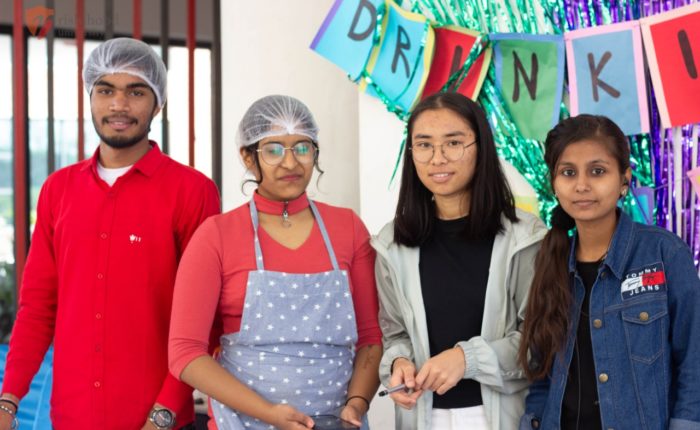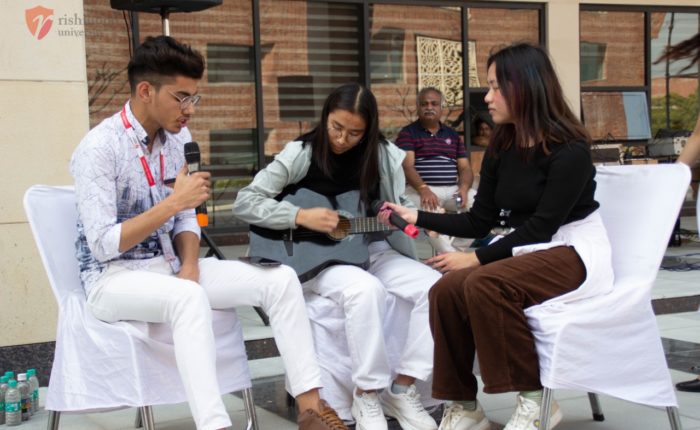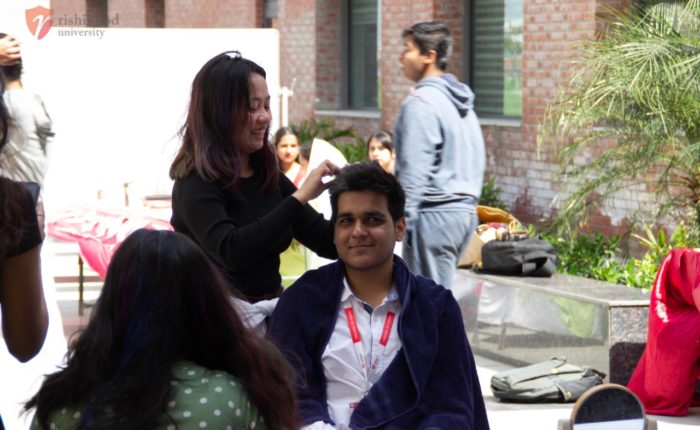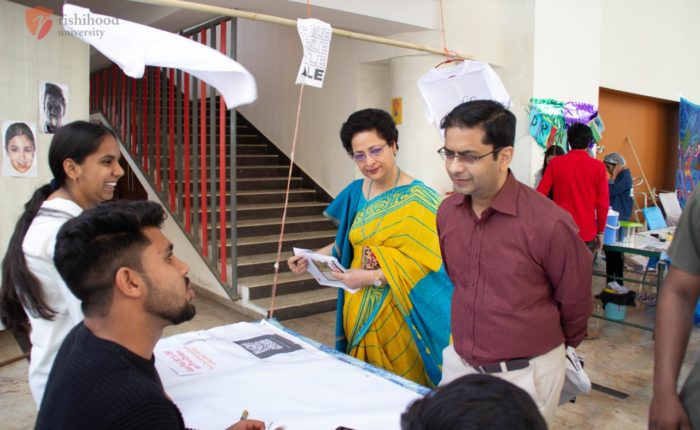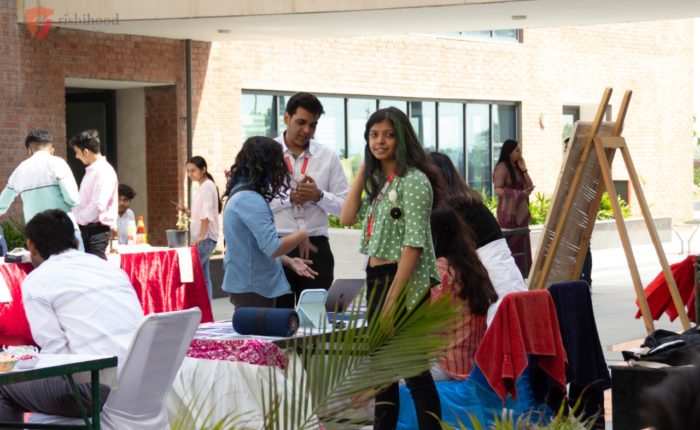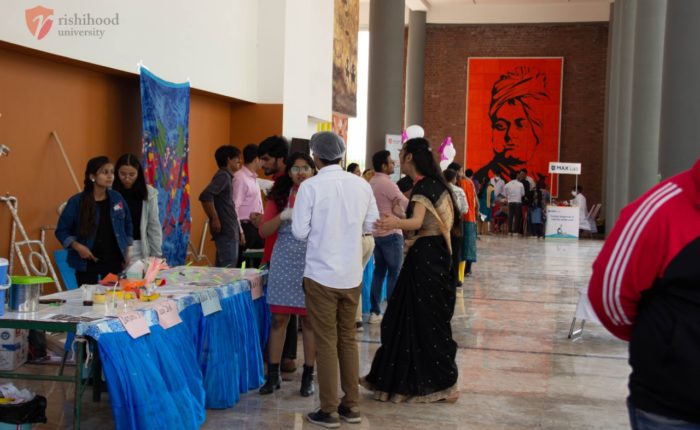Faculty members at Rishihood devised an innovative activity and integrated it into assessing students’ learnings. Around the colourful festival of Holi, we organised a Holi Mela and the learners conducted various activities such as games, cooking, cricket, music, and more. With stalls for various goods and services, the learners had actual customers visiting them. Most stalls saw a profitable venture, with some making turnovers up to 300%.
This experience gave learners a unique and multi-dimensional exposure. They learnt skills like teamwork, project planning, sales, accounting, quality checks, and more. The entire activity was closely monitored and mentored by the faculty members as part of assessments.
This is when assessment not only becomes fun but a way of learning itself. At Rishihood, we are not limited to applied learning but we take it forward to applied assessments.

